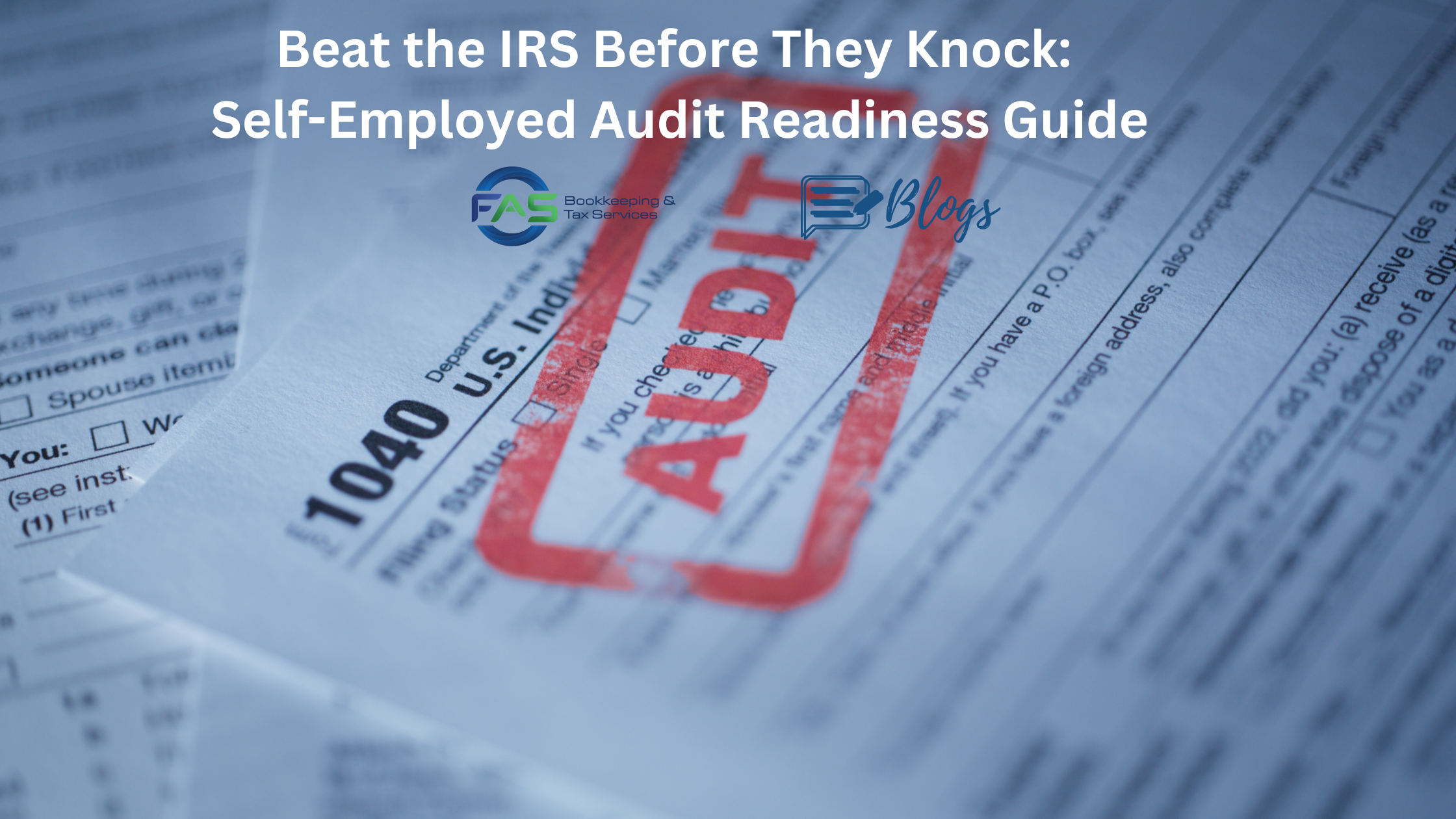Preparing for End-of-Year Business Financial Goals: A Comprehensive Guide
As the end of the year approaches, businesses across all industries are taking stock of their financial performance and setting goals for the upcoming year. Preparing for end-of-year business financial goals isn’t just about closing out your books; it’s a strategic process that can set the tone for your business’s success in the year to come. Here’s a comprehensive guide to help you navigate this crucial period.
1. Review Current Financial Performance
The first step in preparing for end-of-year financial goals is to thoroughly review your current financial performance. Analyze your income statements, balance sheets, and cash flow statements. Look for trends in revenue, expenses, and profits. Identify areas where you exceeded expectations and areas where you fell short.
Key Actions:
- Compare year-to-date performance against your budget.
- Identify any significant variances and understand their causes.
- Assess your cash flow and liquidity position.
2. Set Realistic End-of-Year Business Financial Goals
Once you’ve reviewed your financial performance, it’s time to set realistic goals for the remainder of the year. Consider both short-term and long-term objectives. Short-term goals might include reducing expenses, increasing revenue, or improving cash flow. Long-term goals could focus on growth, profitability, or market expansion.
Key Actions:
- Align your goals with your overall business strategy.
- Prioritize goals based on impact and feasibility.
- Ensure that your goals are Specific, Measurable, Achievable, Relevant, and Time-bound (SMART).
3. Develop a Year-End Financial Plan
With your goals in place, develop a detailed financial plan to achieve them. This plan should outline specific actions, timelines, and responsibilities. Consider areas such as sales, marketing, operations, and staffing. A well-thought-out plan can help you stay on track and make adjustments as needed.
Key Actions:
- Create a timeline for each goal.
- Allocate resources (e.g., budget, personnel) to each initiative.
- Monitor progress regularly and adjust your plan as necessary.
4. Optimize Tax Planning Strategies
Year-end is also a crucial time for tax planning. Review your tax strategy to ensure you’re taking advantage of any available deductions, credits, or deferrals. Consider consulting with a tax professional to optimize your tax liability and avoid surprises come tax season.
Key Actions:
- Review your current tax situation and estimate your year-end tax liability.
- Explore opportunities for tax savings, such as accelerating expenses or deferring income.
- Ensure compliance with all tax filing requirements and deadlines.
5. Strengthen Cash Flow Management
Effective cash flow management is vital as you close out the year. Ensure you have sufficient liquidity to meet your obligations, and consider strategies to improve cash flow, such as collecting outstanding receivables, delaying non-essential expenditures, or securing short-term financing.
Key Actions:
- Forecast your cash flow for the remainder of the year.
- Implement strategies to accelerate cash inflows and manage outflows.
- Monitor your cash position regularly and adjust as needed.
6. Engage Your Team
Your team plays a critical role in achieving your financial goals. Ensure they are aligned with your objectives and understand their roles in the year-end push. Regular communication and updates can keep everyone motivated and focused on the same goals.
Key Actions:
- Communicate your financial goals and plans to your team.
- Assign specific responsibilities and deadlines.
- Provide support and resources to help your team succeed.
7. Evaluate and Adjust
As the year progresses, regularly evaluate your performance against your goals. Be prepared to make adjustments if you encounter challenges or opportunities. Flexibility is key to navigating the uncertainties that can arise in the final months of the year.
Key Actions:
- Hold regular review meetings to assess progress.
- Make data-driven decisions to adjust your strategy.
- Celebrate achievements and learn from setbacks.
Conclusion
Preparing for end-of-year business financial goals requires careful planning, strategic thinking, and proactive management. By reviewing your current performance, setting realistic goals, and implementing a solid plan, you can position your business for a strong finish to the year and a successful start to the next.
Remember, the effort you invest now can pay off in the form of increased profitability, improved cash flow, and long-term growth. So, take the time to prepare, involve your team, and approach the year-end with confidence and purpose.





